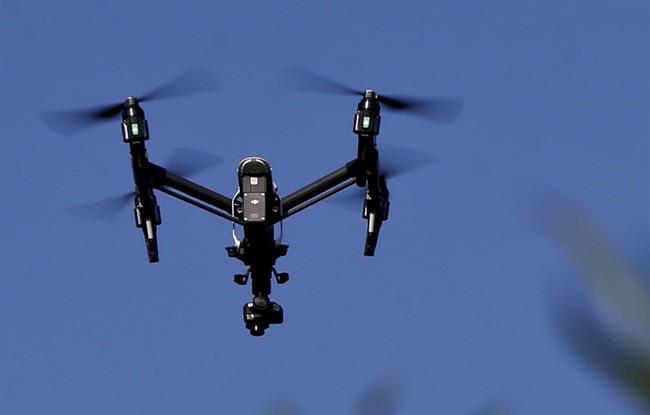Crisis Engulfs Gaza: Children, Aid and Uncertain Futures
The ongoing Israeli-Palestinian conflict reaches alarming levels, affecting Gaza's children and humanitarian efforts. Urgent international intervention is needed to address worsening conditions.
Published December 13, 2024 - 00:12am

Image recovered from arabnews.com
In the heart of the Middle East, the Gaza Strip has become a focal point of conflict and suffering, as both its infrastructure and its people bear the brunt of ongoing hostilities. Recent appeals from international bodies underline the catastrophic situation, particularly for Gaza's children, deemed by UNRWA Commissioner-General Philippe Lazzarini as facing the threat of becoming a 'lost generation'. The conflict, sparked by Israel's retaliatory actions over a year ago, has intensified severely, leading to the destruction of essential facilities including schools and hospitals.
Children in Gaza find themselves in an environment where their education and health are severely jeopardized. Reports from Doctors Without Borders describe Gaza as witnessing a 'war without rules', with only a fraction of its hospitals operational. Northern Gaza is in an especially dire state, with Israeli forces having besieged the region's remaining hospitals, compelling evacuations and obliterating critical medical supplies. The absence of functional public facilities has exacerbated the humanitarian crisis, leaving over a million children in horror-stricken living conditions marked by malnutrition and disease.
The devastation extends to the educational sector, where UN experts have identified a systematic destruction of Palestinian educational infrastructure, suggesting an intentional campaign they describe as 'scholasticide'. With a staggering 80% of Gaza's schools damaged or obliterated, the pathway to education for countless children has been obliterated, contributing to a crisis of psychological and physical trauma that could transcend generations.
Concurrently, the humanitarian aid intended to alleviate these challenges faces its own perilous journey. In recent incidents, aid convoys have been violently intercepted and looted. Just this month, around 80 trucks bound for the UNRWA's warehouses in Rafah were attacked following clashes resulting in the death of Palestinian police tasked with securing these supplies. This escalation underlines the chaotic and insecure environments in Gaza, warning of an impending humanitarian catastrophe if international intervention does not materialize.
Amid this strife, the political landscape within the broader region remains entangled with complexity. In Syria, the rebel group HTS and other factions are cautiously reaching out to establish diplomatic ties post-Mahmoud's regime. As these geopolitical shifts occur alongside the Israeli-Palestinian conflict, they further complicate any resolutions and stabilization efforts.
A flicker of diplomatic hope emerges from ongoing hostage negotiation efforts. Talks involving Israel, Hamas, and international mediators such as Egypt and Qatar are reportedly advancing. Discussions indicate a potential agreement which might temporarily allow Israeli military presence in Gaza post-ceasefire, aiming to secure the release of hostages held by Hamas.
The multifaceted nature of the conflict in Gaza calls for a comprehensive and immediate international response. The compounded effects of military actions, humanitarian aid disruptions, and political negotiations position Gaza not only as a microcosm of Middle Eastern tensions but as a pressing call to global humanitarian and diplomatic communities. The road ahead for Gaza is laden with uncertainties, yet the international community's commitment to peace and stability will shape whether the region sees resolution and recovery or protracted strife.






